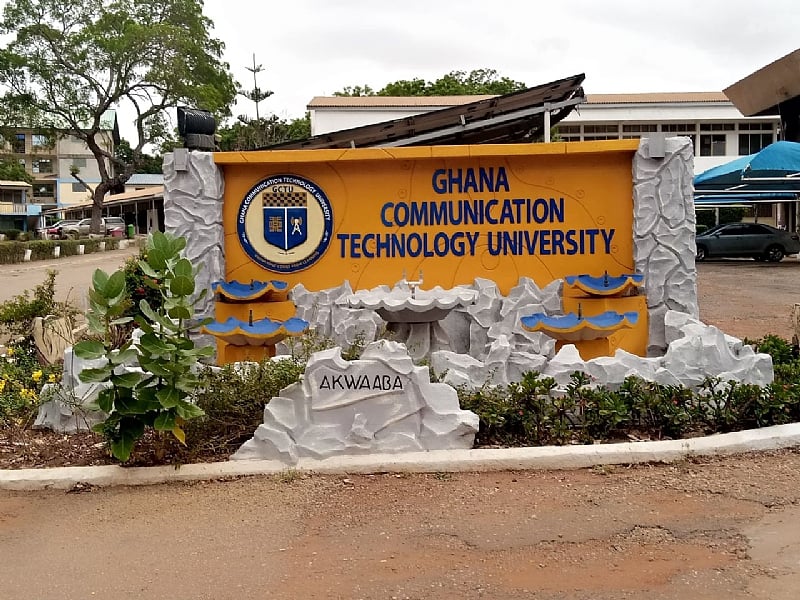The Ghana Communication Technology University (GCTU) has issued a robust rebuttal against a surge of what it terms “malicious and unsubstantiated allegations” targeting the institution and its personnel. These allegations, disseminated primarily through social media and online platforms, have prompted a strong response from the University, which views them as a calculated campaign to damage its reputation. GCTU attributes this wave of negativity to individuals harboring personal vendettas, including disgruntled former employees with unresolved grievances. The University’s management contends that these individuals are leveraging online platforms to propagate unfounded claims in an attempt to discredit the institution.
The University’s statement emphasizes the concerning trend of deliberate and sustained efforts to tarnish its image. These efforts often involve the dissemination of entirely fabricated stories or the gross misrepresentation of facts, creating a distorted narrative aimed at undermining public trust in the institution. GCTU’s management has expressed particular concern over the reckless publication and sensationalization of these unverified claims without affording the University the opportunity to respond or clarify its position. This lack of due process, the University argues, violates fundamental journalistic principles and contributes to the spread of misinformation, further compounding the damage to its reputation.
GCTU has acknowledged ongoing internal investigations into reported cases of academic misconduct involving some faculty members. A dedicated committee has been established to address these matters, adhering strictly to the University’s established disciplinary procedures. This proactive approach underscores GCTU’s commitment to addressing legitimate concerns and ensuring accountability within its ranks. However, the University draws a clear distinction between genuine whistleblowing and the malicious dissemination of false information. It strongly condemns the latter, asserting that it will not tolerate attempts to weaponize misinformation under the guise of activism or public interest.
The University has specifically called out Sankofa Online, an online news platform, accusing it of repeatedly publishing defamatory stories without adhering to basic journalistic standards of verification or seeking official comment from GCTU. The University criticizes Sankofa Online’s alleged disregard for journalistic ethics, highlighting the platform’s failure to conduct due diligence or offer the University a right of reply before publishing potentially damaging stories. GCTU management considers these actions legally questionable and has indicated its intention to pursue legal redress.
GCTU’s press statement serves as a clear warning to individuals and media entities involved in spreading these unsubstantiated allegations. The University asserts that it will hold accountable those who engage in or facilitate the circulation of baseless claims. This includes individuals using anonymous digital platforms to launch attacks on the institution. GCTU has vowed to track and take decisive action against such individuals. This firm stance underscores the University’s determination to protect its reputation and ensure that those responsible for spreading misinformation are held responsible for their actions.
The University has reaffirmed its commitment to transparency and accountability, emphasizing that all credible allegations are treated seriously and thoroughly investigated. Where wrongdoing is proven, GCTU assures the public that appropriate disciplinary measures will be taken. This commitment to accountability demonstrates the University’s dedication to maintaining ethical standards and addressing legitimate concerns. However, GCTU also makes it clear that it will not tolerate malicious attempts to damage its reputation through the spread of false information. This balanced approach underscores the University’s commitment to both internal accountability and robust defense against unfounded external attacks.


